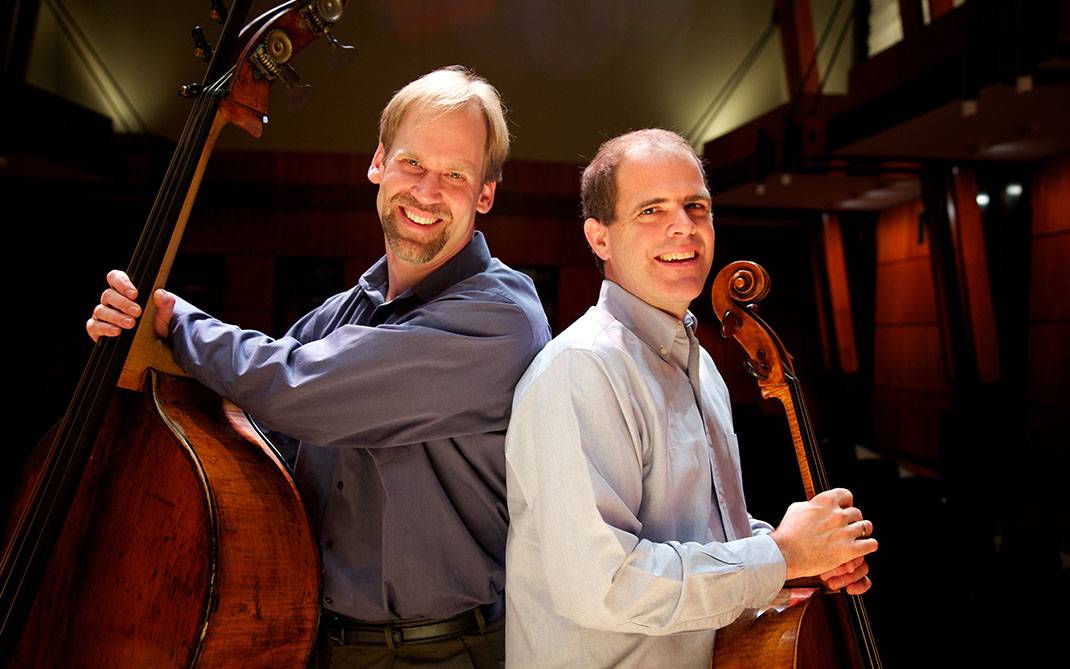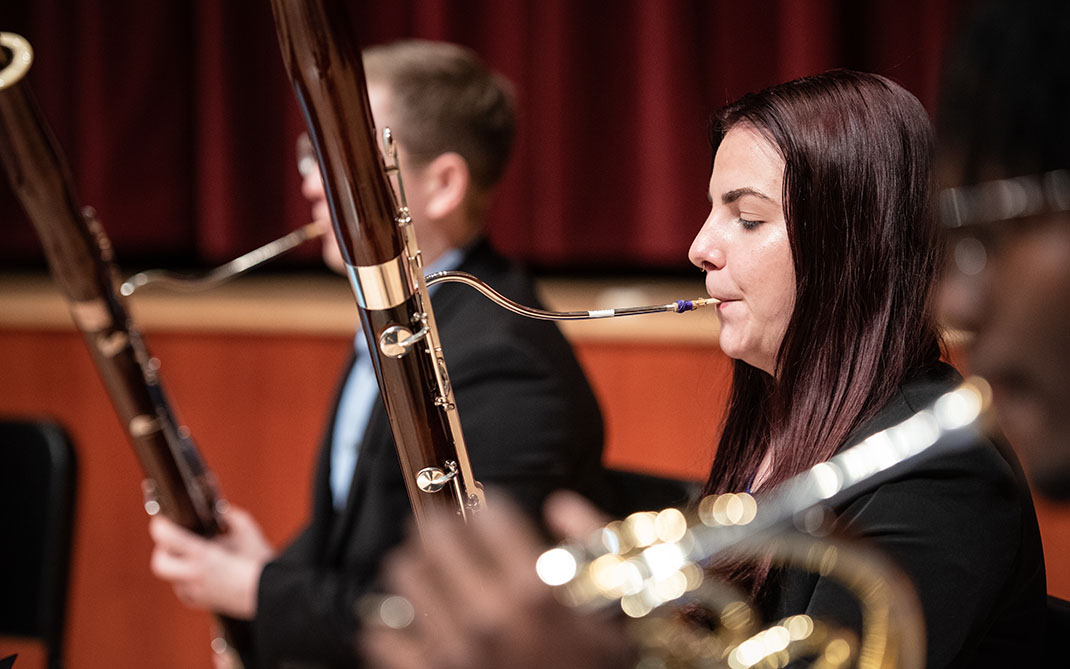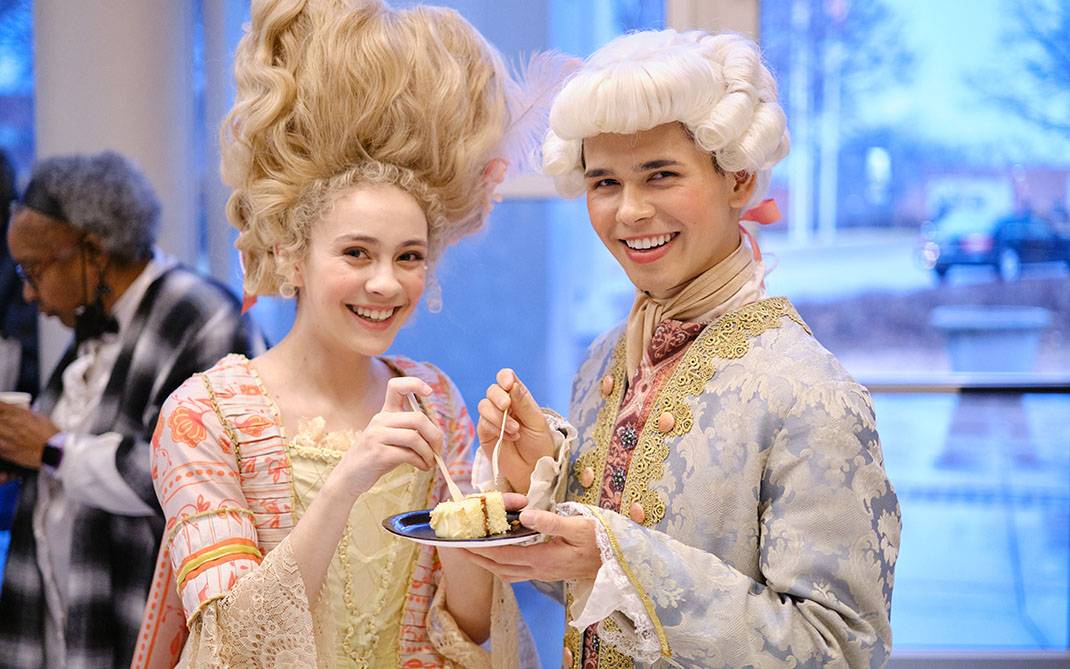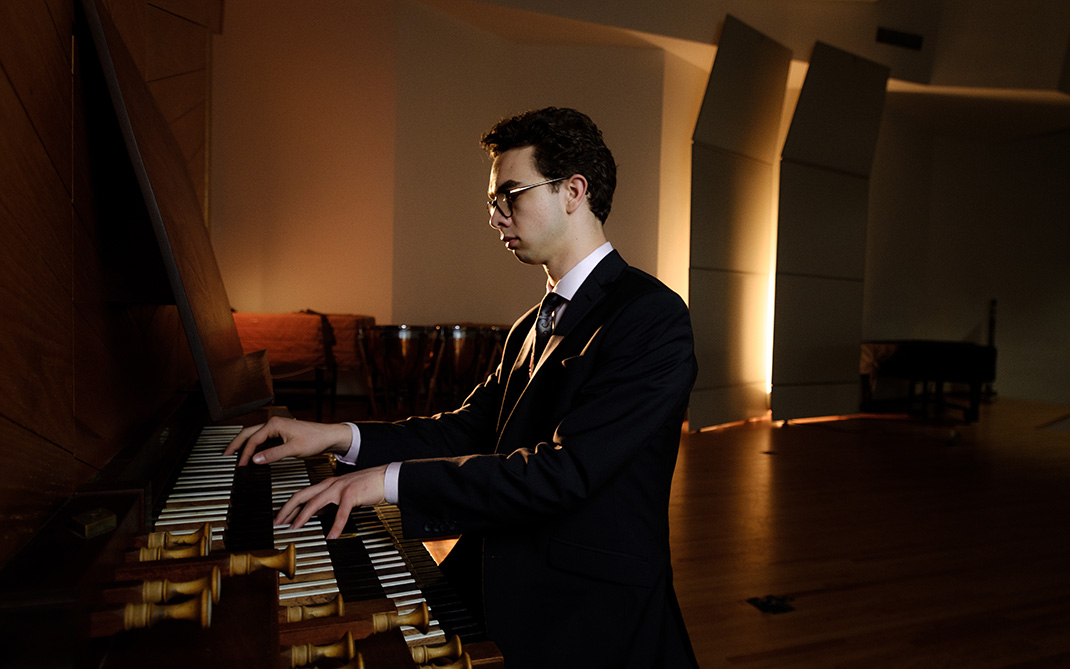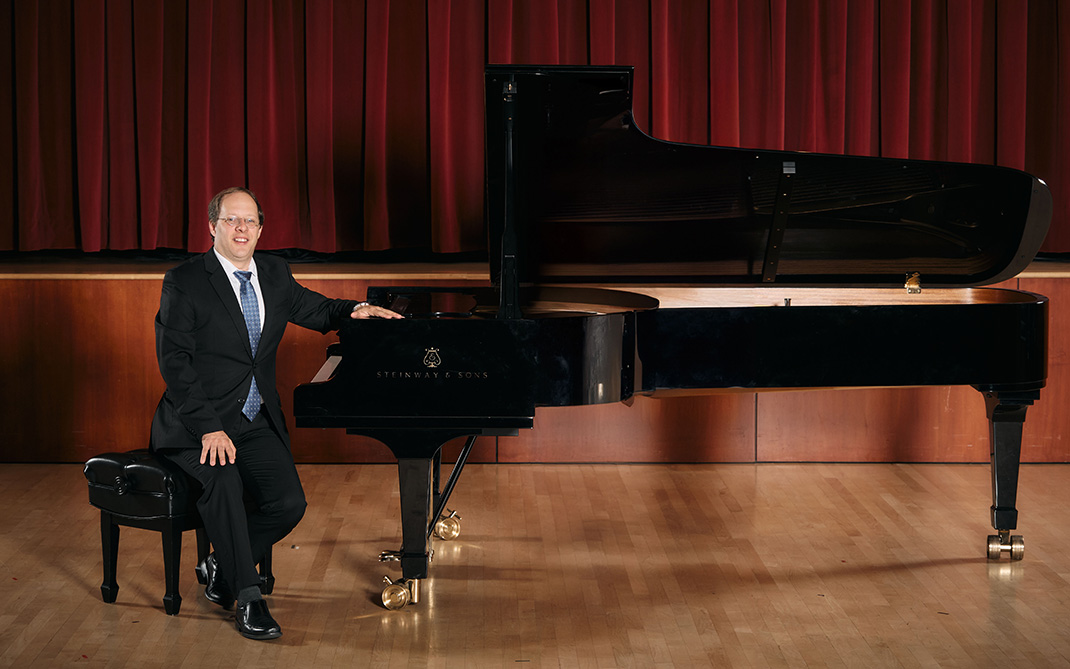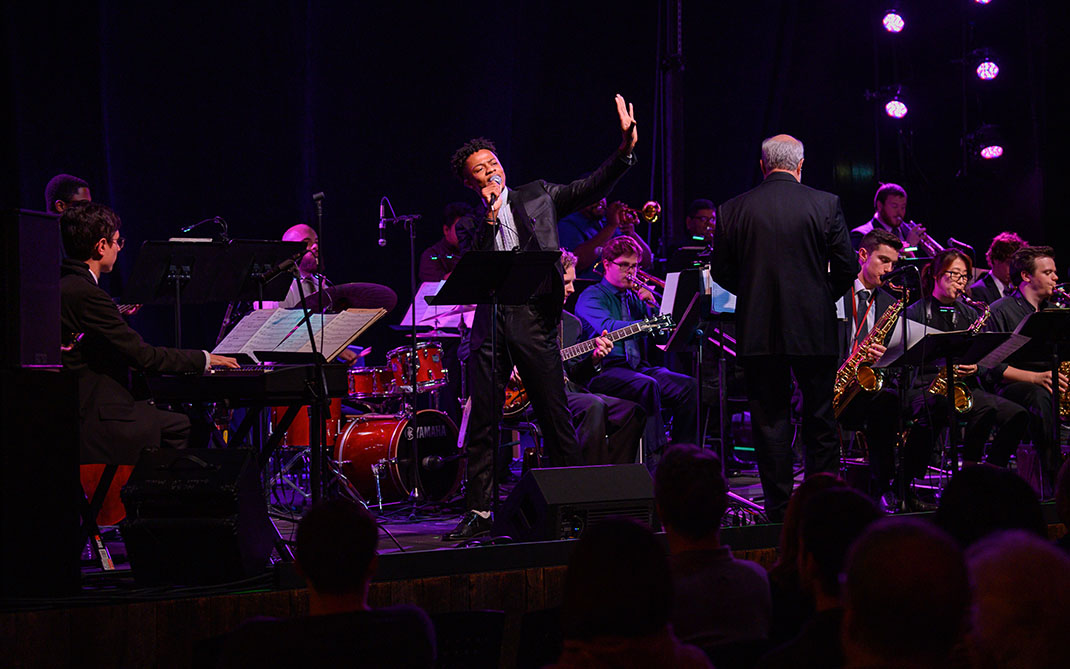Amazon Studios' Ted Hope shares principles of artistic success
Last fall, students in the UNCSA School of Filmmaking were immersed in two days of workshops, screenings and Q&As with Ted Hope, head of Motion Picture Production at Amazon Studios.
Since joining Amazon in 2015, Hope has set up a diverse slate of films by top indie filmmakers, including Spike Lee’s incendiary “Chi-Raq,” Nicolas Winding Refn’s controversial “The Neon Demon” and Kenneth Lonergan’s poignant drama “Manchester by the Sea,” for which UNCSA Drama alumnus Lucas Hedges received an Academy Award nomination. Together, these films won four Academy Awards in one year for the studio.
Hope’s connection to UNCSA comes from past collaborations with Producing faculty member Bob Gosse. Their first effort together, “The Unbelievable Truth,” was nominated for the Grand Jury Prize at Sundance in 1990.
“Bob Gosse and I basically got our careers going at the same time within the same circle of friends,” Hope explains. “Although my primary connection is Bob, I’ve also noticed how the school keeps hitting those top Film School rankings. I was aware of alumni like David Gordon Green and Jeff Nichols, so I asked myself ‘what’s going on down there, there must be something happening.’”
With a limited amount of time, Hope came with a mission to help students understand how to create in an era of “abundance, access and distraction.”
Define what makes your work great
“The thing we have to realize as storytellers is that we are now in the business of competing for our audiences’ leisure time—music, tv, streaming, podcasts… they are all better now,” Hope says. “You must define what makes your work great.”
Hope never had to define what makes a movie truly great until he sat on the jury at the Sundance Film Festival and the jurors all had different definitions of success. He insists that it is a film student’s job to be able to articulate what carries a work into the realm of greatness, and it’s never just one thing. Beethoven and Bach each had 32 points that made a piece of music great. Hope’s personal list for film has 37.
Embrace the world you live in today
“What sets you apart—that which you have an affinity for—from others around you,” asks Hope. It could be your class background, religion, ethnicity… whatever defines you within a group can become your core audience. This point of distinction has a second level, which is being able to spot the cultural moment we live in and speak to that moment. Gosse often preaches the word zeitgeist in his second year producing class; it’s important no matter what kind of artist you are to be aware and critical of the world around you.
Understand your personal practice
“Understand how you like to work, and build the world around you that allows you to work that way,” says Hope. He warns against the steady, easy job and advises to always aim to become an entrepreneur who can work how he or she desires.
Understand how you like to work, and build the world around you that allows you to work that way.
Ted Hope
A structured work/life balance is also important. It’s easy to get caught up in the work you love only to feel burned or overwhelmed out down the road. Structuring and defining personal goals outside of an artist’s craft is very important.
Know what you love, and live frugally
Figuring out the small pleasures in life outside of the job is important, too. Employers want to know you have a personality, a character and a worldview. Find small things that make you happy—jokes, hikes, fishing, knitting—anything. Then, appreciate those small things while living frugally, especially at the onset of your career.
“In New York City I lived off cold pizza about three times a week and sugary cereal the other two,” admits Hope, who met both the Coen Brothers and Frances McDormand while he was out buying cereal in the middle of the night. “That’s when I realized this dream was possible… when I noticed my own neighbors who also enjoyed late nights at bodegas were making some of the best films around,” says Hope.
Establish an emotional connection
“It’s how you won’t lose your job to the robots one day,” jokes Hope. The ability to make strong emotional connections in a room and transmit passion for projects is a staple of being a true creative entrepreneur. It’s a skill that should be honed on every single project.
“I came on set one day, working with Jeff Bridges, and within an hour and a half he not only knew everyone’s name but also things they were into,” recalls Hope. Bridges established a bond with his colleagues, which made the set experience very special and positively fueled the work at hand.
Find your creative support
With full transparency, “you are about to enter an industry that’s filled with narcissistic, egotistical, misanthropic liars and cheats,” says Hope. “You’d better find a safe harbor of people you trust.”
A key advantage of attending an arts conservatory is being able to find creative collaborators or partners that you respect and trust to be supportive and to be candid with you about your work. “Being an artist is exhausting and nobody appreciates your work to the degree that you want them to… unless you have people around you that say I hear you, I see you, we are in this together, I’m going to help lift you up,” says Hope.
---
Ted Hope holds the Sundance Film Festival record for Grand Jury Awards, with three of his 23 entries having taken home the illustrious prize. At the 2018 Sundance Film Festival, he delivered three diverse films to the screens of Park City, Utah: “You Were Never Really Here,” “Don’t Worry He Won’t Get Too Far On Foot” and a new documentary, “Generation Wealth.” Amazon Studios will bring new titles to Cannes Festival this summer, including the highly-anticipated “Gringo.”
March 07, 2018
